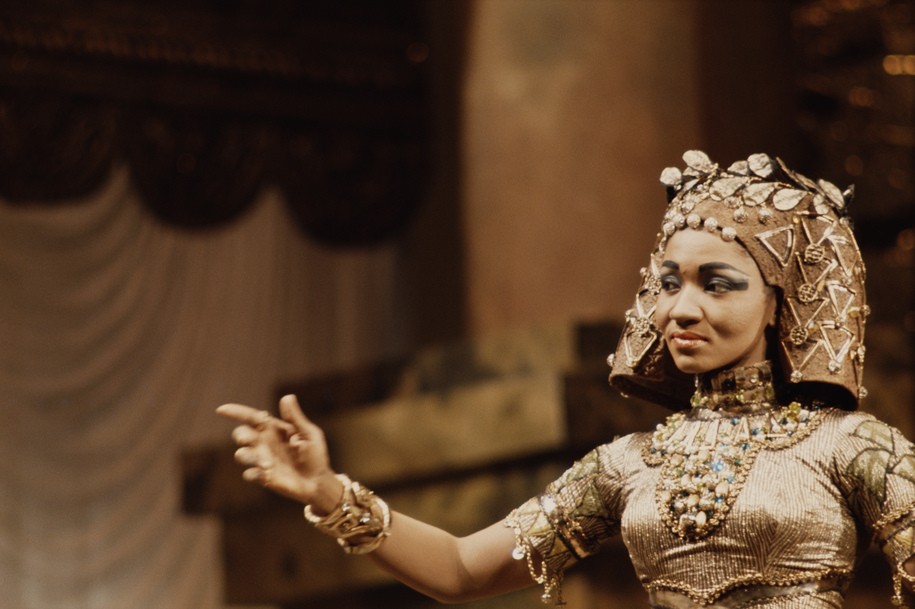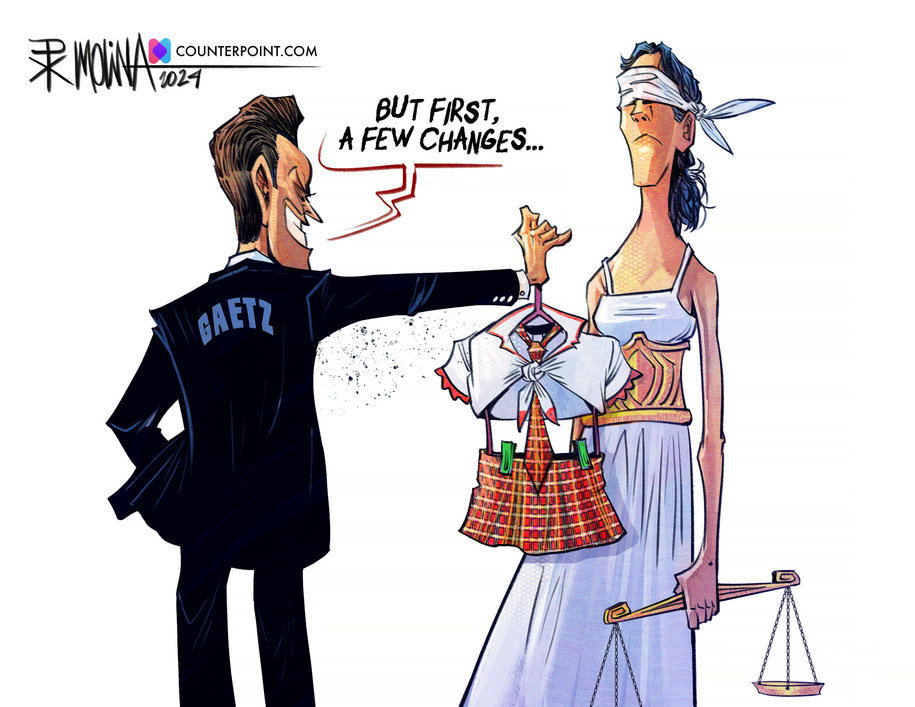As we come to the end of 2023, we remember the people who have moved through the door of life and into our collective subconscious. Musicians, composers, and singers are among the many groups of people who deserve a moment of remembrance as they frequently put into feeling what we cannot express simply through words or pictures or hugs.
In the final part of this four-part series, I will list some of the most prolific artists, either in output or performance (or both) who passed away in 2023. These musicians created so much music during their lives, even if they aren’t a household name. The lists in this series are by no means exhaustive, and I would appreciate mentions in the comments, or stories you may have related to any of the music-makers listed below.
Peter Nero: A popular concert pianist in the 1960s, Nero would go on to create albums, make television appearances, and conduct concerts for almost 60 years. According to the New York Times, Nero’s shows employed a broad array of music, and he would open concerts by telling the audience:
We shall play “Tea for Two.” … Since our arrangement is complex, we’d like to explain what we’ll be doing. My right hand will be playing ‘Tea for Two,’ while my left hand will play Tchaikovsky’s Fifth. My left foot will be fiercely tapping out the traditional rhythm to the Tahitian fertility dance. My right foot will not be doing too much. It will just be excited.
Here he is playing the song that sold a million albums, “Summer of ‘42”
Carla Bley: The jazz pianist and Oakland, California native, composed and played and put out more than two dozen albums during a career that spanned six decades. She co-founded The Jazz Composer’s Orchestra in 1965 as well as the nonprofit distributor New Music Distribution Service in 1972. Enjoy this performance with her husband, bassist Steve Swallow.
Buck Trent: Trent was best known as a banjo master and country instrumentalist. He was a regular on national television shows like “The Porter Wagoner Show” and “Hee Haw,” and a collaborator of Dolly Parton’s. You know his acoustic finger-picking from songs like “Jolene” and “I Will Always Love You.”
Terry Kirkman: He founded the Association, played “up to two dozen instruments”, and hit the top of the charts relentlessly during the 1960s. Hits like “Along Comes Mary” and “Never My Love,” led to numerous appearances on shows like “The Smothers Brothers Comedy Hour.” While he continued to do music, Kirkman spent the latter part of his career as an addiction counselor.
Gloria Coates: She began in Wisconsin, composed 17 symphonies during her lifetime, and found success in Europe. Former New York Times critic Kyle Gann, who covered Coates, spoke of her mastery of the use of glissandos (orchestral slides). “Gloria owned the orchestral glissando the way van Gogh said he owned the sunflower,” he said. “The slow pitch slides that run across the surfaces of her symphonies and string quartets can be difficult for the performers to coordinate, which has probably made musicians less willing to present her music. But they make it absolutely distinctive and recognizable. And underneath those glissandos there is often a clear discipline of canons, palindromes and other simple musical structures.”
Grace Bumbry: An American soprano opera singer, Bumbry persevered through segregated America to become a top star, performing more than 200 times at the Metropolitan Opera in New York City for decades. She received a Kennedy Center Award in 2009.
Richard Davis: A bassist, Davis started with piano legend Ahmad Jamal in the early 1950s, worked with Sarah Vaughan, released albums, and was the musical director of Van Morrison’s “Astral Weeks,” considered by many to be one of the greatest rock albums of all time. He taught and played in orchestras. In short, he did it all.
Nancy Van de Vate: She was only the “second woman to receive a doctorate in music composition in the United States,” and would become an accomplished and celebrated modernist composer during her more than 70-year career. Van de Vate composed more than 100 compositions, including seven operas. She left the United States to settle in Vienna for the latter part of her life, and continued to speak openly about the need for women to be better represented in the world of classical music.
There have always been one or two women in the American musical establishment, back to the time when Amy Beach was the most successful composer of her generation, and she lived in Boston. I don’t see that as progress. It’s like saying we have Sandra Day O’Connor on the Supreme Court now, so therefore all women have equal rights.
Walt Groller: He was a polka legend, considered to be one of the most “prominent polka players in the world.” Groller began playing accordion at the age of four, began playing professionally at 12, and enjoyed a 72-year career that was interrupted only by the Korean War. Groller was inducted into the Polka Hall of Fame in 1986. His life’s motto was “Bringing People Together Through Music.”
Ahmad Jamal: Jamal’s career spanned six decades. He played “American classical” music (a term he preferred to “jazz”) and did it all. Born in Pittsburgh, Pennsylvania, Jamal was to the piano trio “what Thomas Edison was to electricity,” in the words of pianist and composer Eric Reed. He recorded music for movies, was featured everywhere, played the world, and was frequently sampled by hip-hop artists on legendary tracks like Nas’s “The World Is Yours.”
Fuzzy Haskins: Haskins was a key member of the doo-wop group that evolved into Parliament-Funkadelic. Haskins released solo albums, and he sang and wrote as Parliament-Funkadelic rose and performed relentlessly. P-Funk frontman, George Clinton, described Haskins in his memoir this way: “Fuzzy, who was second lead, was a soulful tenor with all the bluesy inflections, like Wilson Pickett, real rough.”








